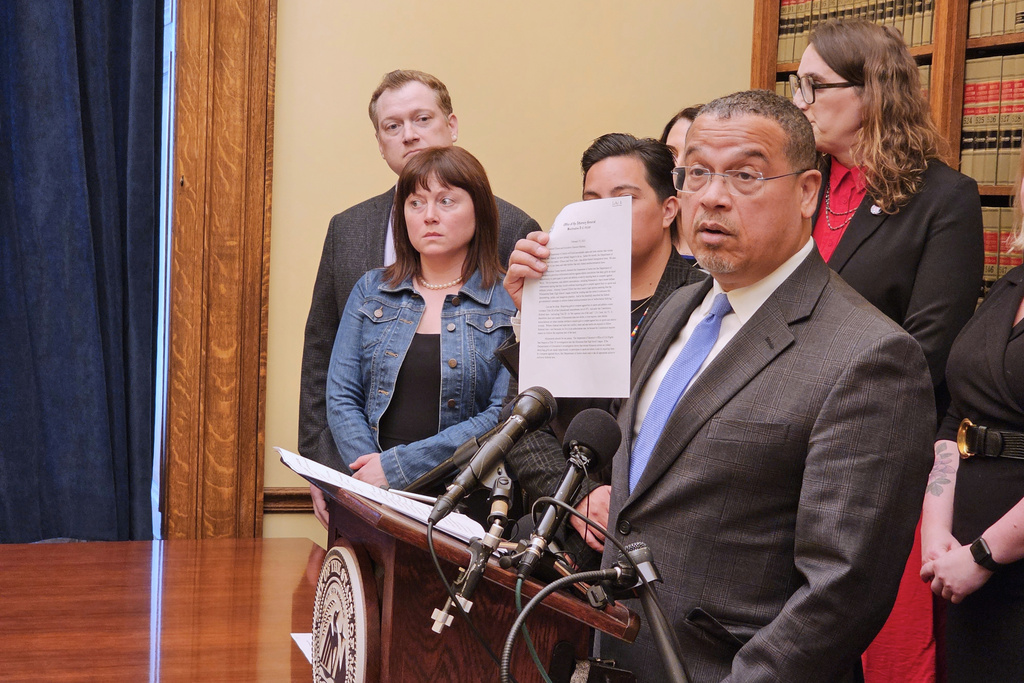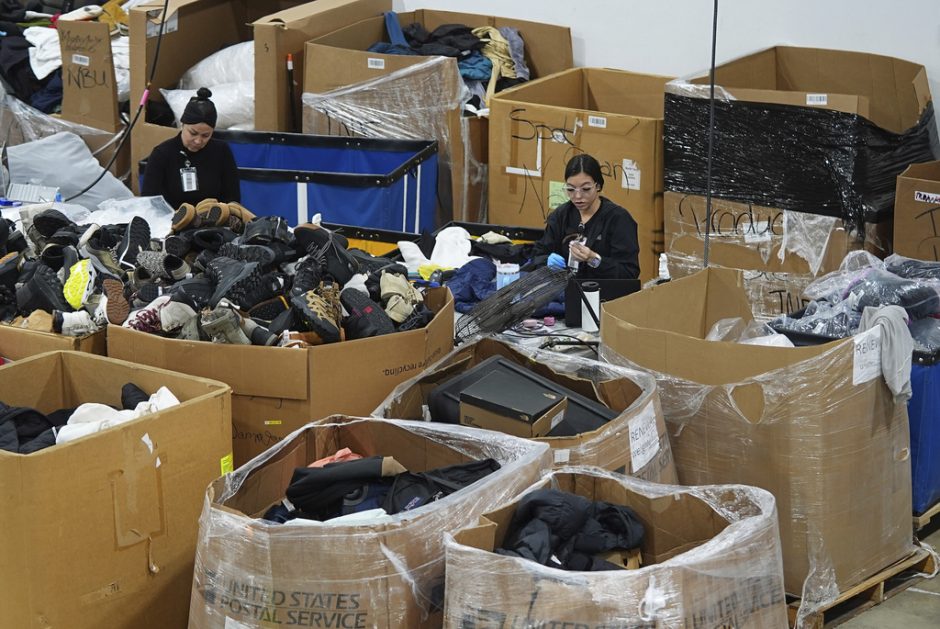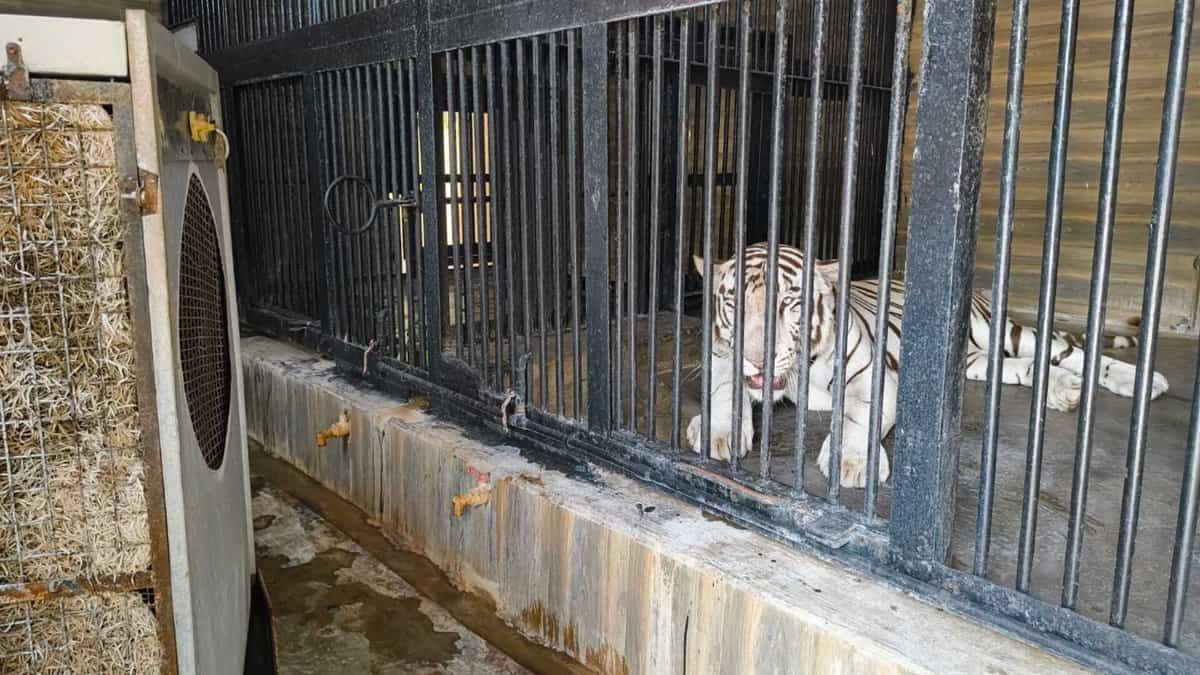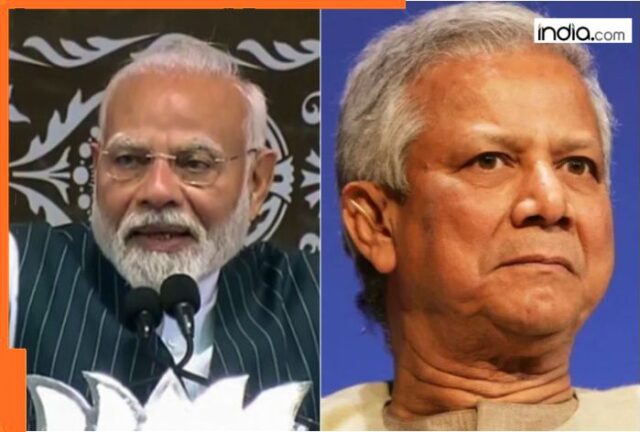India-Bangladesh relations have hit an all-time low after the ouster of former Prime Minister Sheikh Hasina, and an interim government led by Nobel laureate Muhammad Yunus, coming to the helm in Dhaka.
India-Bangladesh relations: Bangladesh adopted a confrontational stance towards India after the fall of the Sheikh Hasina regime in August, and started moving closer to New Delhi’s rivals, Pakistan and China. However, once-friendly neighbour is undermining a major fact that its heavily dependent on India for various essentials, and distancing itself from New Delhi could spell doom for its economy as the country will face shortages of key food items, among other things.
Here how Bangladesh could pay a heavy price for its confrontational attitude towards India
India is Bangladesh’s second largest trading partner in Asia, and depends on New Delhi for various essentials, such as rice, wheat, onion, garlic, sugar, cotton, cereals, refined petroleum, electronics, plastics and steel, among others. In 2022-23, the total bi-lateral trade between India and Bangladesh was $16 billion, in which the latter’s exports accounted for around $2 billion, meaning Dhaka has massive trade deficit with New Delhi.
Talking about Bangladesh’s massive textile industry, which is the backbone of the country’s economy, contributing 11 percent to its GDP, is also dependent on India. Ironically, the country’s textile industry is also highly dependent on India which exports 35 percent of its total cotton produce to Bangladesh.
The textile industry of Bangladesh will be crippled if these imports are halted, which will adversely affect the Bangladesh’s GDP, cause runaway inflation and rapid unemployment, thus bringing the country’s economy to its knees.
According to reports, Bangladesh has suffered a loss of Rs 2 lakh crore since the fall of Sheikh Hasina, due to which the country’s GDP growth rate has dropped to under 5 percent, from the earlier 6.3 percent. Additionally, a rapid decline has been witnessed in per capita income and soaring inflation has worsened the situation.
Bangladesh is also dependent on India from a security point of view as both countries share a 4,367 km long border, and in addition to trade, India has provided aid of $8 billion to Bangladesh in the last 8 years.
Bangladesh textile industry crumbling since August 2024
Bangladesh’s textile industry, the second largest in the world after China, with many top global brands manufacturing their apparel in the country, is reportedly facing heavy losses and many companies are on the brink shutting their operations due to the deteriorating law and order situation, and the increasing violence against minorities, especially Hindus, in the country.
Earlier, it was reported that Bangladesh was planning to import large quantities of sugar from Pakistan, a clear snub to New Delhi, as India is one of Bangladesh’s largest importers. Bangladesh’s interim government, which recently called off the bandwidth transit agreement with India, was also considering to cut imports of potatoes and onions from India, and mulling other sources for these staples, the reports said.
India-Bangladesh relations at all-time low
India-Bangladesh relations have hit an all-time low after the ouster of former Prime Minister Sheikh Hasina, and an interim government led by Nobel laureate Muhammad Yunus, coming to the helm in Dhaka.
Bangladesh has witnessed widespread communal violence against minorities, especially Hindus, which has soured Dhaka’s ties with New Delhi, with the latter accusing the Yunus-led interim government of not doing enough, and turning a blind eye to the atrocities perpetrated by radical Islamist elements against the minority Hindu community in the country.

















































